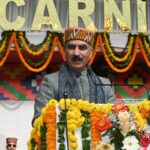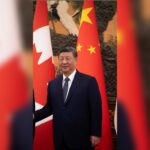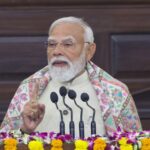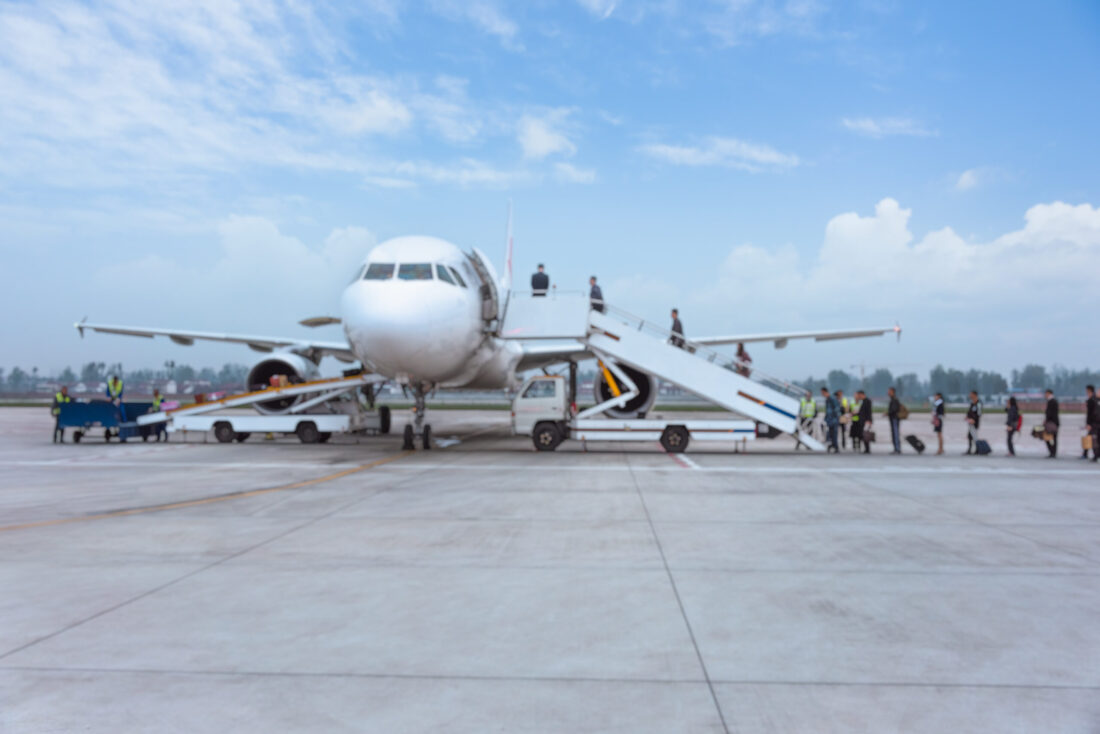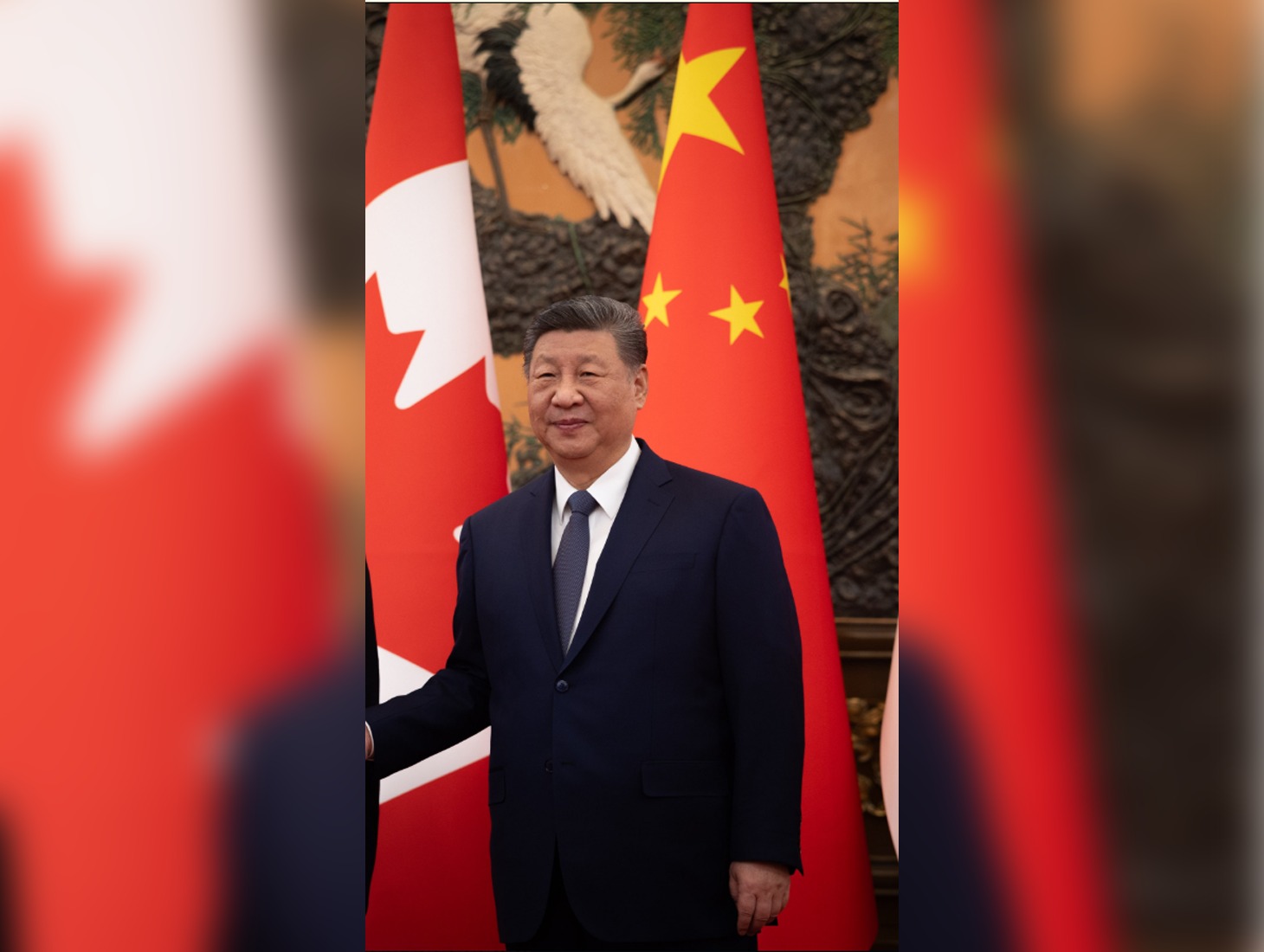The North News
Chandigarh, February 16
The recent deportation of Indian nationals from the United States has reaffirmed the commitment of both nations to enforcing immigration laws and maintaining border security. On Saturday, another flight carrying 119 deported Indians—67 from Punjab—will land at Amritsar’s Sri Guru Ram Dass Jee International Airport. Earlier, on February 5, a US military aircraft brought back 104 deportees, including 13 children. These repatriations come as part of a strengthened effort to curb illegal migration under former US President Donald Trump, a policy that Prime Minister Narendra Modi has rightly supported.
The illegal migration is a pressing issue that threatens economic stability and national security. The decision by Modi and Trump to reinforce border security and dismantle human trafficking networks is a crucial step in preventing exploitation and ensuring legal pathways for migration. Without stringent action, criminal networks continue to thrive, preying on vulnerable individuals and leading them into dangerous, unregulated routes with dire consequences.
The US-India cooperation on illegal migration is a necessary measure to uphold the rule of law. Many deportees left India under false promises from unscrupulous agents, only to face legal repercussions abroad. Ensuring that migration follows legal frameworks not only protects national interests but also safeguards migrants from mistreatment and exploitation. The ongoing deportations reflect the shared commitment of both nations to maintaining order and reinforcing lawful immigration systems.
Punjab Chief Minister Bhagwant Mann has accused the BJP-led central government of deliberately choosing Amritsar as the landing point for these flights in an attempt to “defame” Punjab. However, the reality is that illegal migration affects the entire country, not just one state. Rather than engaging in political rhetoric, the focus should be on addressing the root causes of unlawful migration—cracking down on fraudulent travel agents and promoting legal avenues for work and study abroad.
BJP leader Manjinder Singh Sirsa has rightly pointed out that the unchecked power of travel agents has fueled the crisis, misleading desperate individuals into illegal routes. By taking a firm stance against illegal migration, Modi’s government is not only upholding the law but also protecting future generations from falling into the same trap.
External Affairs Minister S. Jaishankar has defended the deportations, stating that India is committed to legal migration and has always taken back its nationals after due verification. His position aligns with international norms and ensures that India maintains its credibility as a responsible global player. Deportees often return to India with heavy financial burdens and no employment prospects, highlighting the urgent need for policies that encourage legal migration and domestic economic opportunities.
The Modi-Trump approach to illegal migration is the right step forward. Mass deportations, while difficult, send a clear message that illegal entry will not be tolerated. Instead of viewing these measures as punitive, they should be seen as a corrective effort to regulate migration and protect national security. The future of US-India relations must include robust legal migration channels, bilateral employment agreements, and strong measures to dismantle human trafficking networks.
For a country with a proud and successful diaspora, India must advocate for migration policies that prioritize legality and order. The current approach, far from being politically motivated, is a necessary action to prevent economic exploitation and ensure the integrity of immigration systems. Modi and Trump’s commitment to tackling illegal migration is a significant step in the right direction—one that will benefit both nations in the long run.



